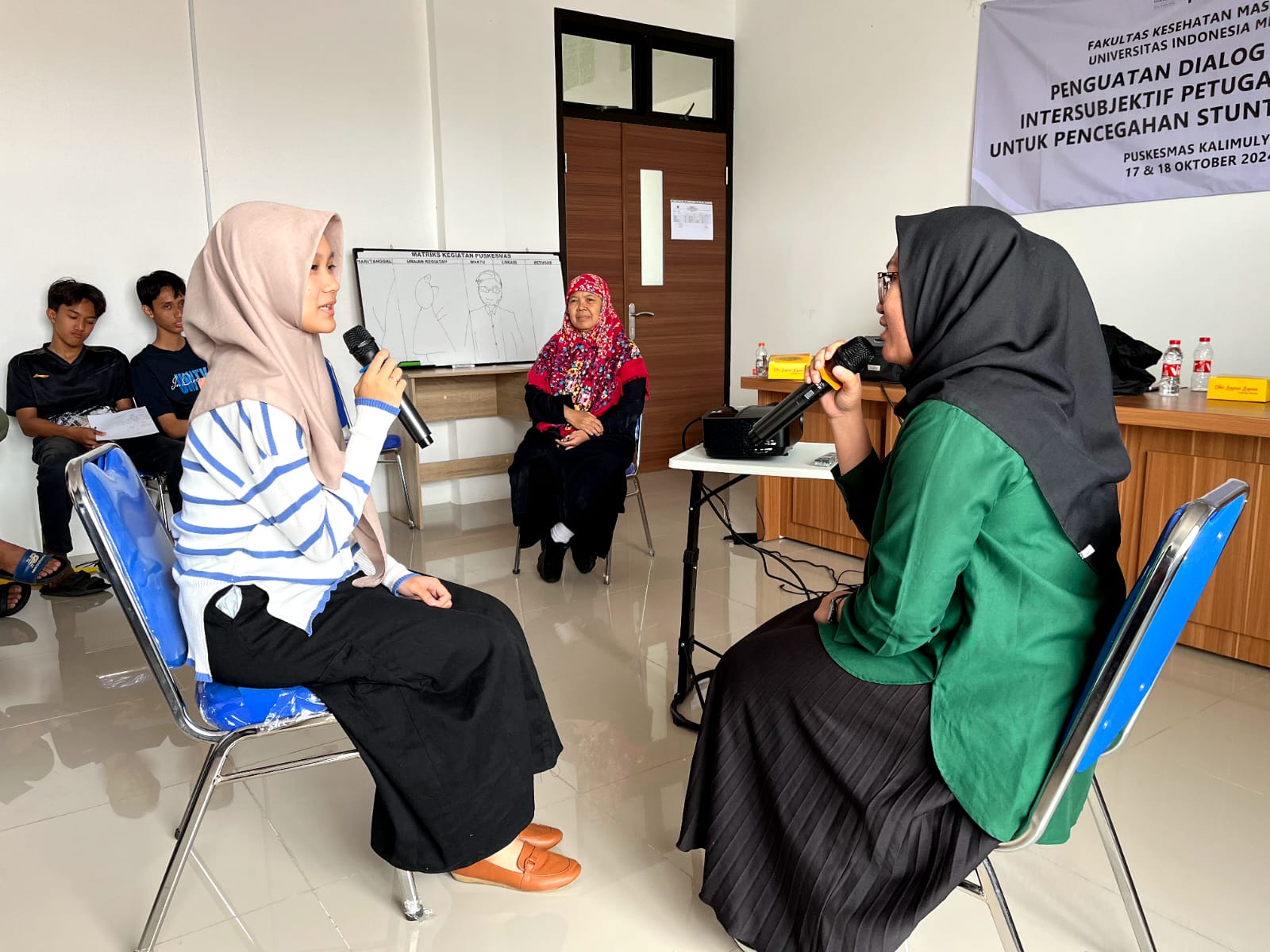Depok, August 30th 2023. Rector of Universitas Indonesia (UI), Prof. Ari Kuncoro, S.E., M.A., Ph.D., inaugurated Prof. Ir. Abdul Wahid, M.T., Ph.D. as Permanent Professor at the Faculty of Engineering, UI, on Wednesday (30/8), at the UI Convention Hall, Depok Campus. This inauguration procession was also attended by the Deputy Mayor of Depok, Ir. H. Imam Budi Hartono, M.Si.; Member of DPD RI from West Java, KH. Amang Syafrudin, Lc., M.M.; and lecturer at Yeungnam University, South Korea, Prof. Moon Yong Lee.
The title of professor was given after Prof. Abdul delivered a scientific oration entitled “Advanced Process Control: A Bridge for the Research-Industry Gap in Indonesia”. In his oration, Prof. Abdul said that the control system is something that is familiar in everyday life,which can be found at traffic lights; household appliances such as double tube washing machines, ovens and microwaves; even in children’s toys such as toy cars that run by pulling the wheels backwards.
In a larger scope, the control system is known as advanced process control (APC). APC is a well-guaranteed control technique and is widely used in industry to increase the efficiency of process unit operations. There are four main APCs, namely model predictive control (MPC), robust control, adaptive control, and nonlinear control. Of the four APCs, MPC is considered the “crown jewel” of control theory because of its ability to calculate optimal control actions, not only based on instantaneous state measurements, but also anticipated process responses.
MPC is not the result of theoretical work whose source comes from academic research, but rather an implementation from industry. However, the development of academic research goes beyond its application in industry. Additionally, the big data revolution currently occurring in science, technology and society will challenge the thinking about the role of data in automated control and motivate intensive APC research.
This research related to APC needs to be carried out considering the large role of APC in the industry. To increase revenues, industry not only chooses independent variables that allow providing products at low costs, but also needs to use advanced process controls (APC) such as MPC. Therefore, there must be a bridge to bridge the research-industry gap.
According to Prof. Abdul, APC, especially MPC, is the most appropriate to bridge the research-industry gap as it has been proven successful in increasing profits, being able to answer future challenges, and being able to manage process complexity with excellent performance. Therefore, researchers and industry need to take concrete steps to transfer MPC knowledge and technology.
Mutual communication between researchers and industry is one bridge that can erase the research-industry gap. With reciprocal communication, academic researchers transfer newly discovered algorithms to industry, while industry transfers development data to academic researchers. For example, there are products (software) from industries that do not yet have accurate system identification. Academic researchers can transfer new methods to industry, and industry can share related information with the public.
“There are many success stories from implementing APC applications in industry. Some of these include a propane/isobutane splitter (C3/iC4 splitter) at the Phillips’ Borger Refinery (Texas), an ethylene processing plant, and a butadiene plant in Southern Italy. This success should trigger us to produce research that has a significant impact on industry and society,” said Prof. Abdul.
This research related to APC is one of the studies carried out by Prof. Abdul. Previously, he had written a scientific paper entitled Model Predictive Control with Exogenous Auto-Regressive Model to Improve Performance in the CO2 Removal (2023); Multivariable Model Predictive Control to Control Bio-H2 Production from Biomass (2023); and System Dynamics Modeling for Demographic Bonus Projection in Indonesia (2022). Prof. Abdul completed his bachelor degree in Gas and Petrochemical Engineering at UI in 1994; UI Chemical Engineering Masters in 2001; and PhD in Chemical Engineering, Universiti Teknologi Malaysia, Johor in 2016.



